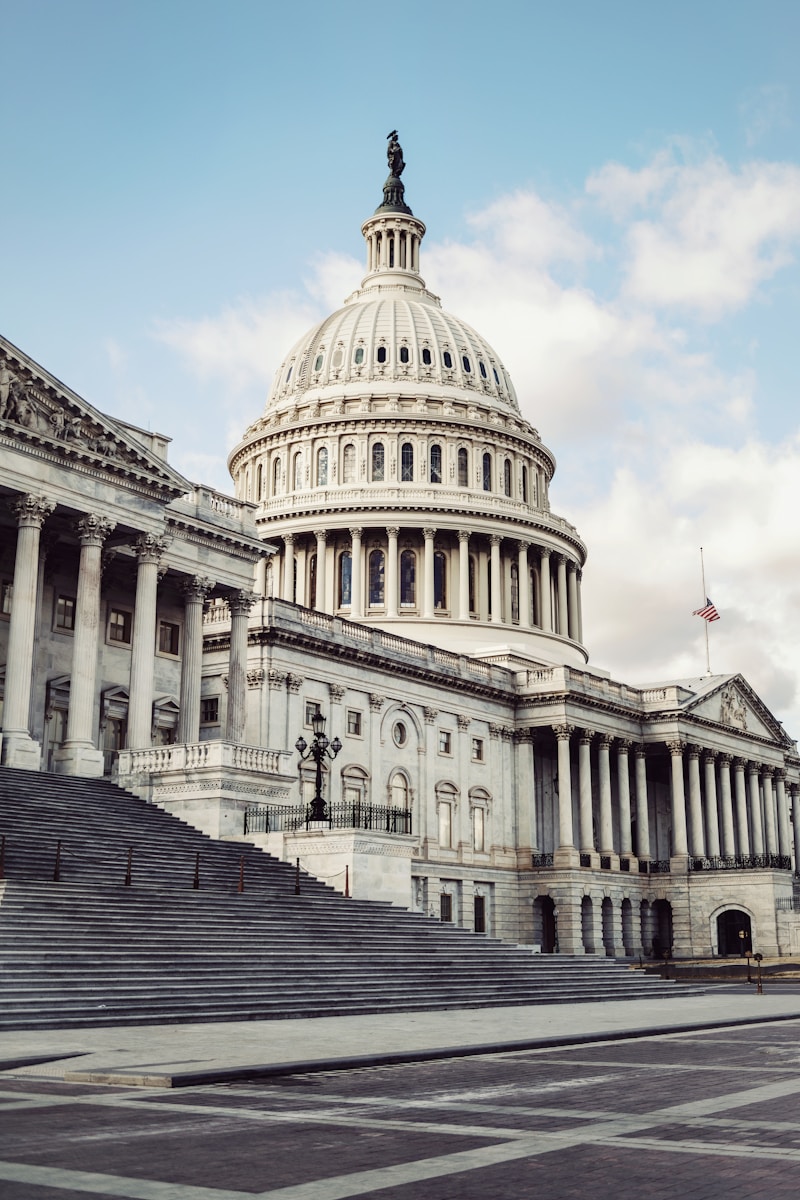The Complex Interplay of Finance, Authority, and the Risks of Inciting Chinese Nationalism

Navigating the treacherous waters of Nationalism in China: Unraveling the intertwining threads of wealth, influence, and the hazardous consequences of inflaming Chinese nationalist fervor.

By David Smith
A Brief Overview
In the heart of Nanjing, a Chinese vlogger known for his extreme nationalist views stumbled upon a seemingly innocent New Year decoration – red circular stickers with the words, “Happy 2024.” Little did anyone know, this discovery would soon spark a nationwide debate on the limits and dangers of nationalism in China.
A Trivial Incident Sparks National Debate
The ultranationalist vlogger took offense at the stickers, arguing they bore a striking resemblance to the Japanese national flag, which features a red sun. He confronted a manager at the shopping mall, demanding an explanation for the “Japanese motifs.” His outrage eventually led to local authorities stepping in, ordering the removal of the decorations and issuing an official warning to the mall’s management.
The Absurdity of the Situation
Alice Lu, a noodle shop owner from Shanghai, expressed her disbelief at the situation, questioning the extent to which symbols would need to be censored. Following a similar line of thought, Chinese social media users began to highlight the absurdity of banning all red circular objects, which would include signs of Chinese national pride, such as the logo of China’s telecommunications giant, Huawei, or images of Mao Zedong, China’s first Communist leader, set against a rising sun backdrop.
The Government’s Response
China’s state-run CCTV soon joined the fray, criticizing the vlogger’s actions as damaging to individuals, businesses, and society. Shaoyu Yuan, a scholar of Chinese studies at Rutgers University, interpreted CCTV’s stance as an attempt by the Chinese government to control the narrative surrounding nationalism, ensuring it acts as a unifying force rather than a tool for misuse.
The Encouragement of Patriotism
Under the leadership of President Xi Jinping, a fervent sense of patriotism has been encouraged among the Chinese public. Xi has stated that love for the country, the Party, and socialism are all integral parts of patriotism. This sentiment was formalized in January when a new “patriotic education law” was implemented, aiming to instill love for the country and the ruling Chinese Communist Party (CCP).
Diplomacy and Nationalism
Despite fostering nationalistic sentiments, the CCP also knows when to tone down the rhetoric. For example, in the lead-up to a significant summit between President Xi and US President Joe Biden, Chinese media and nationalist commentators scaled back their anti-US rhetoric. Beijing’s modulation of nationalistic sentiment demonstrates its ability to use patriotism as a tool to serve its interests, striking a balance when necessary.
When Nationalism Turns Violent
The Nanjing incident served as a reminder of the potential dangers of inciting intense patriotic feelings in China, particularly when it comes to matters related to Japan. Lu from Shanghai highlighted the alarming extent of anti-Japanese sentiment in China, fueled by historical conflicts and deeply ingrained in modern Chinese nationalism.
The Lucrative Business of Patriotism
Despite the criticism and controversy, the business of patriotism is booming in China. Nationalistic bloggers and vloggers have found ways to monetize their content, drawing profits from advertisements, sponsored content, and partnerships with brands eager to align themselves with patriotic sentiments.
The Risks of Nationalistic Content Creation
While profiting from nationalistic sentiment can be lucrative, it also comes with risks. Content creators who step over the line, misinterpret government policies, or criticize these policies under the guise of nationalism may face swift repercussions. The fluidity of China’s red lines adds to the risk, as they can change quickly based on current situations.



